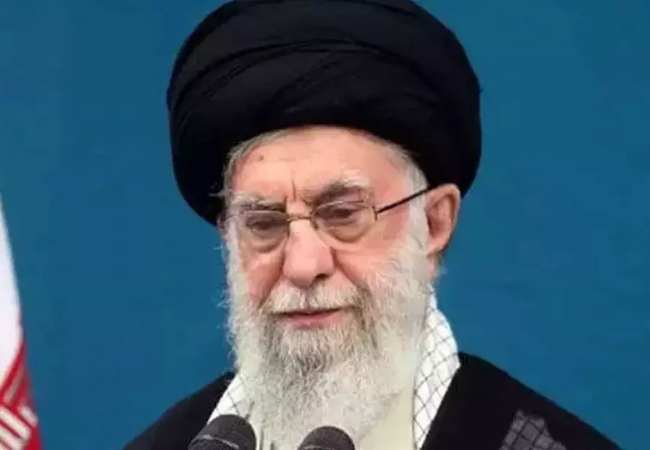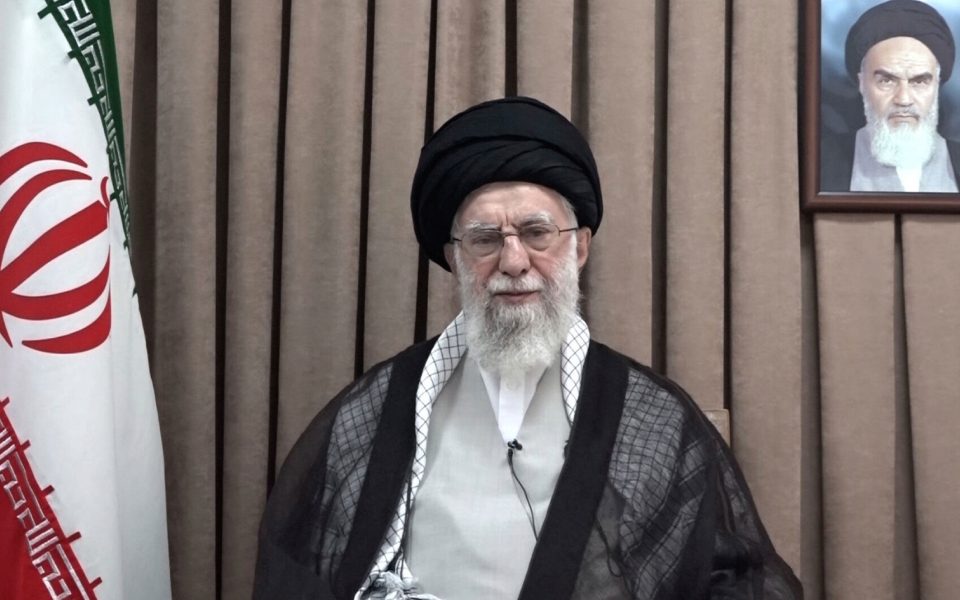Patna: The Janata Dal (United), headed by Bihar Chief Minister Nitish Kumar, has become a recognised state party in Arunachal Pradesh, the Election Commission has said.
The JD(U) won seven seats in the 60-member assembly of the north eastern state, next only to the ruling BJP which bagged 41 seats and secured a majority.
"The Janata Dal (United) is now a recognised state party in the states of Arunachal Pradesh and Bihar," an EC statement said Friday. The party will also be able to use its symbol, arrow, in Arunachal Pradesh, the statement said.
The JD(U) shares power with the BJP and Ram Vilas Paswan's Lok Janshakti Party in Bihar.
After its success in Arunachal Pradesh, JD(U) national general secretary K C Tyagi had said, "The tally entitles us to the status of the main opposition party. But we will offer full support to the BJP government" in that state.
"Even if we get the opposition party status, we will be a friendly opposition," Tyagi had made it clear.
Let the Truth be known. If you read VB and like VB, please be a VB Supporter and Help us deliver the Truth to one and all.
Tehran: Iran has reportedly declared 40 days of public mourning following the killing of the country’s Supreme Leader Ayatollah Ali Khamenei, Al Jazeera reported citing Iranian state media.
According to the report, Fars News Agency said the Iranian government has announced 40 days of nationwide mourning in the wake of Khamenei’s killing. The agency also reported that seven days of public holidays have been declared.
Further updates are awaited.



_vb_68.jpeg)

